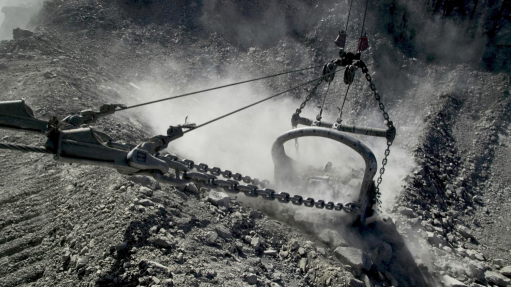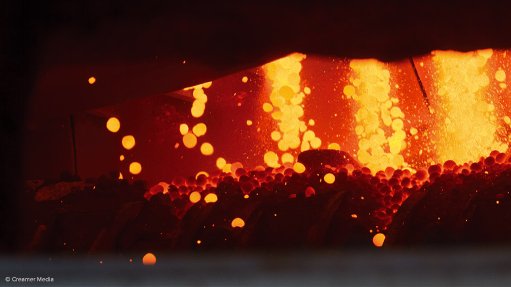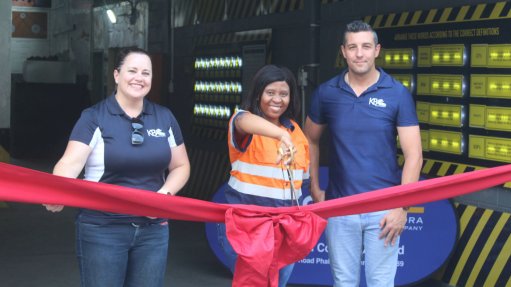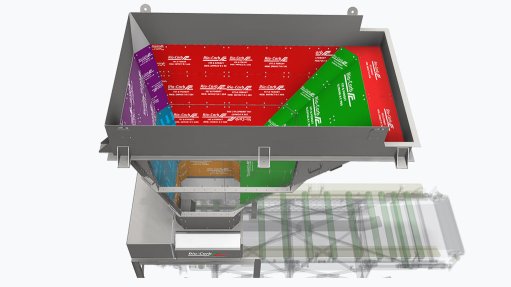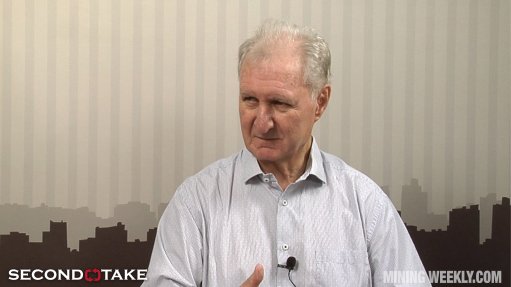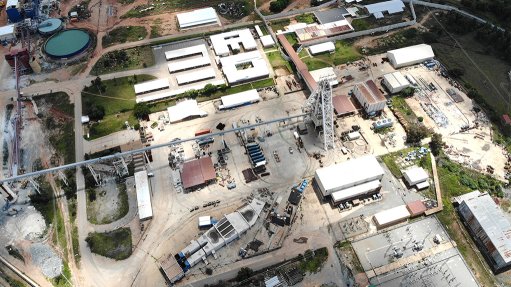Industry well positioned to battle Covid 19, create investment

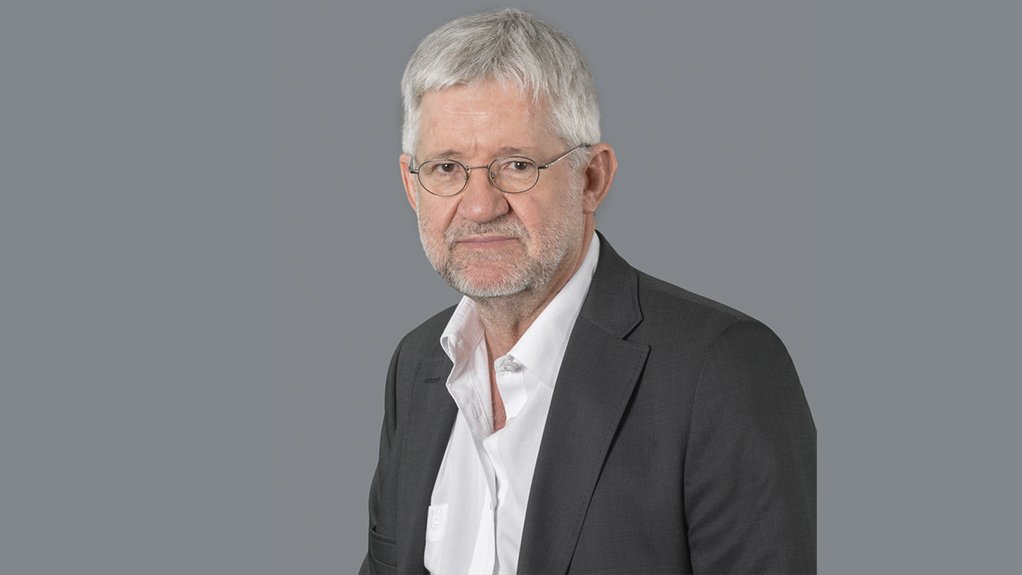

WILLEM LE ROUX By now, most mining companies have assessed the implications that the 2015 Regulations will have on their businesses
PIETER COLYN Like many, the South African mining industry is reassessing its role in society in the wake of a global pandemic
The local mining industry is uniquely placed to deal with and prevent the spread of Covid-19, distribute vaccinations and create an environment that encourages further investment, according to law firm ENSafrica executive consultant Willem le Roux.
He adds that Covid-19 regulations and codes of practice, as well as the relevant protocols and procedures employed by miners to manage it, can play an important role in sustaining the industry.
He explains that the Guidelines for the Compilation of a Mandatory Code of Practice for the Mitigation and Management of the Covid-19 Outbreak were published in the Government Gazette in May 2020, in terms of Section 9(2) of the Mine Health and Safety Act (MHSA).
“The guidelines and Covid-19 codes of practice require that employers apply a hazard-identification and risk-assessment process, similar to the risk-assessment process envisaged in Section 11 of the MHSA. The guidelines also provide a framework to mitigate and manage Covid-19 outbreak among employees in local mining, as well as any other people that employees may have been in contact with from the community.”
Further, Le Roux stresses that the guidelines must be read in conjunction with several documents and other statutory obligations associated with Covid-19.
These include regulations issued in terms of Section 27(2) of the Disaster Management Act; the guiding principles of the management of Covid-19 in local mining; and guidelines developed by the World Health Organisation, the National Department of Health and the Department of Employment and Labour.
ENSafrica executive Pieter Colyn also notes that the guidelines are considered a living document, which needs to be updated as new developments on the prevention of Covid-19 emerge.
In terms of Section 11 of the MHSA, employers have a statutory obligation to implement measures to deal with Covid-19-related hazards and risks in their work places as far as is reasonably practicable.
Failure to implement these measures may result in the imposition of administrative fines, as well as fines or imprisonment following a successful prosecution and conviction, and may enable inspectors of mines to implement enforcement actions, such as stoppage instructions and compliance orders, adds Colyn.
“Although questions were asked about the prudence of permitting continued mining during national lockdowns, the domestic mining industry has rallied to exploit its medical clinics, logistical networks and presence in remote areas in the service of pandemic relief, regardless of such sentiments. The industry is reassessing its role in society in the wake of this pandemic.”
Further, Colyn adds that mining companies also have facilities and electronic databases that could be repurposed to deal with the pandemic.
These resources can also play a vital role in the vaccination of employees, which places mining companies in a strong position to assist with the vaccine roll-out, adds Le Roux.
He points out that if an employer is allowed by local government to buy and administer a vaccine, there may be a legal obligation on the employer to do so.
He adds that the MHSA is relevant in this regard, as it imposes various duties on mines that include “taking reasonable care of employees”.
The Constitution is also relevant, with Section 24 providing that everyone has the right to a safe environment and bodily integrity; this is also mirrored in Section 22 of the MHSA.
“With investors focusing on more ‘responsible’ investing based on non-financial factors, local mining has always been a leader in technological, operational and social change. As the world moves into recovery, there could be a flood of capital back into markets, and companies with a strong environmental, social and governance focus could be the first to benefit,” Le Roux concludes.
Comments
Press Office
Announcements
What's On
Subscribe to improve your user experience...
Option 1 (equivalent of R125 a month):
Receive a weekly copy of Creamer Media's Engineering News & Mining Weekly magazine
(print copy for those in South Africa and e-magazine for those outside of South Africa)
Receive daily email newsletters
Access to full search results
Access archive of magazine back copies
Access to Projects in Progress
Access to ONE Research Report of your choice in PDF format
Option 2 (equivalent of R375 a month):
All benefits from Option 1
PLUS
Access to Creamer Media's Research Channel Africa for ALL Research Reports, in PDF format, on various industrial and mining sectors
including Electricity; Water; Energy Transition; Hydrogen; Roads, Rail and Ports; Coal; Gold; Platinum; Battery Metals; etc.
Already a subscriber?
Forgotten your password?
Receive weekly copy of Creamer Media's Engineering News & Mining Weekly magazine (print copy for those in South Africa and e-magazine for those outside of South Africa)
➕
Recieve daily email newsletters
➕
Access to full search results
➕
Access archive of magazine back copies
➕
Access to Projects in Progress
➕
Access to ONE Research Report of your choice in PDF format
RESEARCH CHANNEL AFRICA
R4500 (equivalent of R375 a month)
SUBSCRIBEAll benefits from Option 1
➕
Access to Creamer Media's Research Channel Africa for ALL Research Reports on various industrial and mining sectors, in PDF format, including on:
Electricity
➕
Water
➕
Energy Transition
➕
Hydrogen
➕
Roads, Rail and Ports
➕
Coal
➕
Gold
➕
Platinum
➕
Battery Metals
➕
etc.
Receive all benefits from Option 1 or Option 2 delivered to numerous people at your company
➕
Multiple User names and Passwords for simultaneous log-ins
➕
Intranet integration access to all in your organisation








